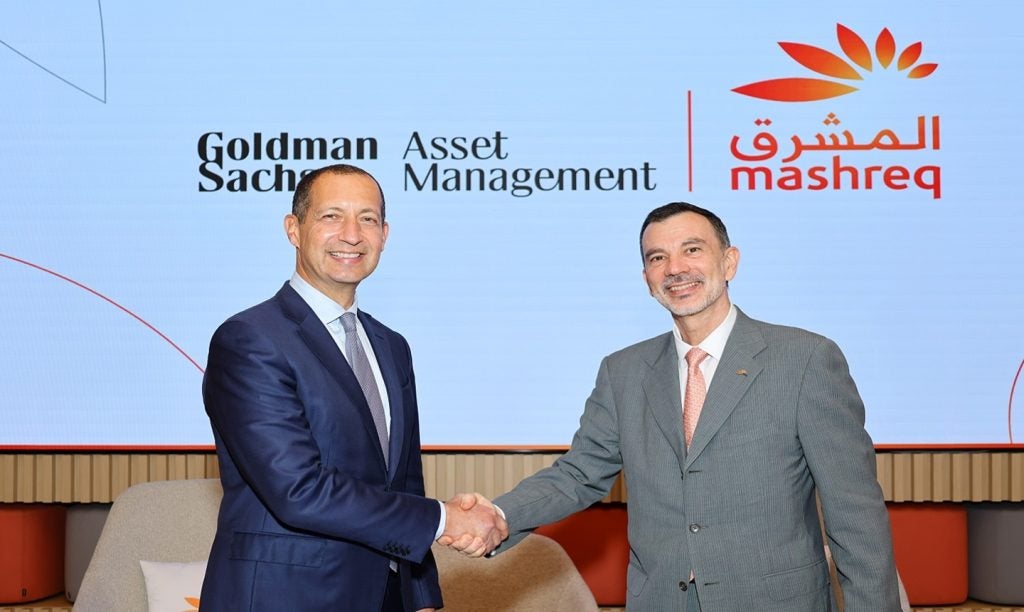Caroline Garnham (pictured), founder and CEO of Family Bhive, an exclusive online community for wealthy clients and advisers, talks to Meghna Mukerjee about the unique ways of servicing the valuable UHNW community, and how a significant relationship with wealthy clients is entirely dependent on building trust
To service wealthy clients effectively, understanding the nature of building trust is of utmost importance. Having been a trust lawyer in the past, Caroline Garnham, founder and CEO of Family Bhive, is more than comfortable with this.
Family Bhive offers an exclusive online community where high net worth and ultra-high net worth individuals (HNWIs and UHNWIs) can meet and share their views, as well as find trusted advisers.
It built its foundation on putting the needs of the client first, and the network is about creating opportunities. The book When you are Super-Rich Who Can You Trust?, authored by Garnham, was published in October 2014, and reveals the "eight golden rules" wealthy clients need to address, says Garnham.
"When someone comes into wealth for the first time – the majority of the wealthy are people are not born into wealth – they get agitated because they don’t know who to trust. "For example, JK Rowling is well known to have been terrified when she was first into liquid wealth. She is now worth approximately £550m and is 50% wealthier than the Queen.
"It’s a world full of jargon, where people are superior because of knowledge. Advisers know how to manage wealth but the client doesn’t learn it in school or read about it in papers. As they don’t know who to trust, they begin to withdraw," she explains.
Family Bhive also recently launched a white paper that draws on all eight steps from the book, and discusses ways in which the goals can be used to win private clients’ business.
"It touches on the psychology of people – how they respond to the cycle of influence, and how you can use that to win clients," Garnham says. UHNWIs are an extremely lucrative community for any economy, particularly so in the UK.
"Our top 1% pays 30% income tax. The top 104 billionaires spend £16bn in the UK, which gives rise to £3bn in VAT. You’ve got Chelsea and Westminster boroughs in London alone paying £708m in stamp duty – more than Northern Ireland, Wales, Scotland and such," says Garnham.
For banks and family offices, gaining business from these elusive clients is valuable, competitive and difficult.
However, Garnham says as advisers and private bankers, the first part is to "truly understand UHNWs" in order to earn their loyalties.
"You can’t go somewhere and pick at clients – they are private, below the radar. But every UHNWI must have advisers. It’s a must. They need a vast number of advisers," she explains.
Garnham says the financial crisis dented the trust of wealthy clients considerably. Though needs of the wealthy have not changed, their heightened concerns have become obvious.
"Clients can see what’s gone wrong and they are saying to themselves: ‘Who can I trust?’ The only way you can get on top of your advisors is if you have knowledge. The wealthy want to know what advisers are really doing for clients," she says.
Family Bhive’s virtual family office is an exclusive club for the wealthy, where they can meet each other, find trusted advisers and learn what they are doing for clients.
On the other hand, Family Bhive also regularly organises trusted adviser meetings. These evenings start with a speaker, followed by presentations of five case studies by select advisers.
These case studies are put online for UHNWIs. According to Garnham, family offices and banks are 1221% more likely to attract UHNWIs’ attention if they have case studies to show, as opposed to pure facts and figures.
"We know our platform works. It’s a question of establishing the model, which we are doing in the UK," she says.
Once the UK roll-out is completed, Garnham plans to try this online model out in the Middle East and Asia.
"What I found in my private practice dealing with UHNWs across the world is that they want three things: to meet each other, to learn in private about how to manage their assets, and to find advisers they can trust. Those basics are the same worldwide."
The profile of the UHNWI has changed over time: new money is creating a new breed of UHNWIs in the UK. "There are more entrepreneurs now. We see some people in the financial sector and there is family money and property. But it’s more self-made money, less wealthy second-generation and divorcees."
According to Garnham, a "sea-change" is needed in the wealth advisory industry to service clients as advisers "need to understand human nature better". "Some say it doesn’t make commercial sense to care for your clients. But always look to what the client wants in terms of good service," she explains.
UHNWs nowadays are tech-savvy and three times more likely than others to use comparative websites. Thus the importance of efficient digital channels is paramount.
"They are inquisitive people. They want to be able to manage their advisers and employees. UHNWs are hungry for information."
However the spread and growth of digital channels only enhance the speed at which the wealthy can access information and doesn’t negate the importance of advisers. "What UHNWs want more than anything else is people they can trust," Garnham adds.
Currently, with low interest rates, UHNWs are becoming more risk prone in terms of asset allocations, informs Garnham. There is also a growing interest in impact investing.
"Impact investing is giving but also influencing what’s happening with the money."
A lot of the wealthy also prefer giving money to small to medium sized enterprises, where UHNWs can also provide "their expertise and advice", adds Garnham.







